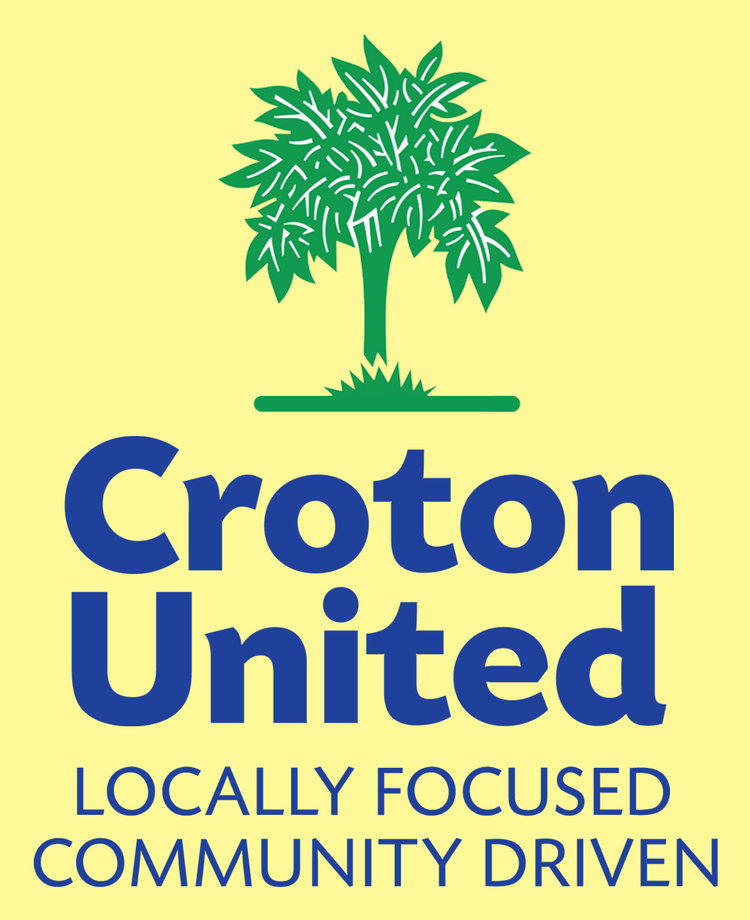The following letter was published in this week’s issue of the Gazette.
To the Editor:
Last week’s front page story in this newspaper focused on the village elections that occurred this week in our nearby neighboring communities, Briarcliff Manor and Buchanan. In New York State, it is not required that village elections be conducted in November and until 2011, Croton's village elections were held in March, as Briarcliff, Buchanan, and many other villages in New York do.
When the ballot initiative that changed the village Election Day was pending, village residents were told that there were two basic reasons to change: November elections would be democratizing, since more residents would likely come out to vote, and November elections would save money, since residents would be paying for only one election, and not two. At the time, village elections cost taxpayers approximately $5,000 per year.
Seven November elections have happened since village Election Day changed in Croton. During that time there have been three village elections which were wholly uncontested, wherein the nominees of the controlling party simply took office with little public scrutiny or debate, winning the election for all intents and purposes at the moment the very first village voter cast their vote for village offices. As of now, there is no indication that this year will include a contested village election in November.
“For more than five of the eight years (and running) since village Election Day changed, Croton’s village board has been constituted either entirely by members of one political party, or has contained a supermajority of members of one party. Given this record, the promise of a “democratizing” November election appears not to have been kept.”
Moreover, for more than five of the eight years (and running) since village Election Day changed, Croton’s village board has been constituted either entirely by members of one political party, or has contained a supermajority of members of one party. Given this record, the promise of a “democratizing” November election appears not to have been kept.
Proponents of the change may argue that larger voter turnout in village elections is a democratizing result of the switch, and may point out that in the last election—which was uncontested—Trustee Ann Gallelli received more votes than any other candidate for village office in history. While that may be true, why would large voter turnout even matter when the only vote that counts is the first one cast?
There is certainly a price to be paid for democracy, and in 2011, that price was approximately $5,000 for village elections. Proponents of changing Croton village elections from March to November touted the cost savings as a primary reason to approve the switch. Whether or not the switch actually resulted in a cost savings to taxpayers—a claim that was publicly disputed by the former chair of both the Croton and Cortlandt Democratic party as well as by Croton’s Village Manager at the time—such savings for the taxpayers have been more than wiped out by the almost 90% increase in village debt and by double-digit increases in village fees, water rates, sewer rates and parking rates that have been instituted by the controlling party since then with scant opportunity for meaningful public participation in the process.
Other New York villages take the time at this time of year to discuss and consider issues that are distinctly local and specific to their communities; issues that may not have the intense emotional charge of state or national issues but which are nonetheless directly impactful on our daily lives in ways that larger issues cannot be. Other New York villages conduct elections which are focused on hometown concerns and are not dominated by national partisan politics because they do not involve questions that give rise to such considerations.
Conducting village elections in March would permit Croton residents this same luxury: an opportunity to discuss and examine village issues outside of the noise and intrusion of national and state politics. A contested, local issues-oriented election seems like it would be an improvement over the situation we have now.
And, at only 60 cents per village resident, it would hardly be the kind of break-the-bank expense that should require our village to remain mired in a system that virtually ensures undemocratic and unaccountable one-party control of our local government for years to come.
Roseann Schuyler

